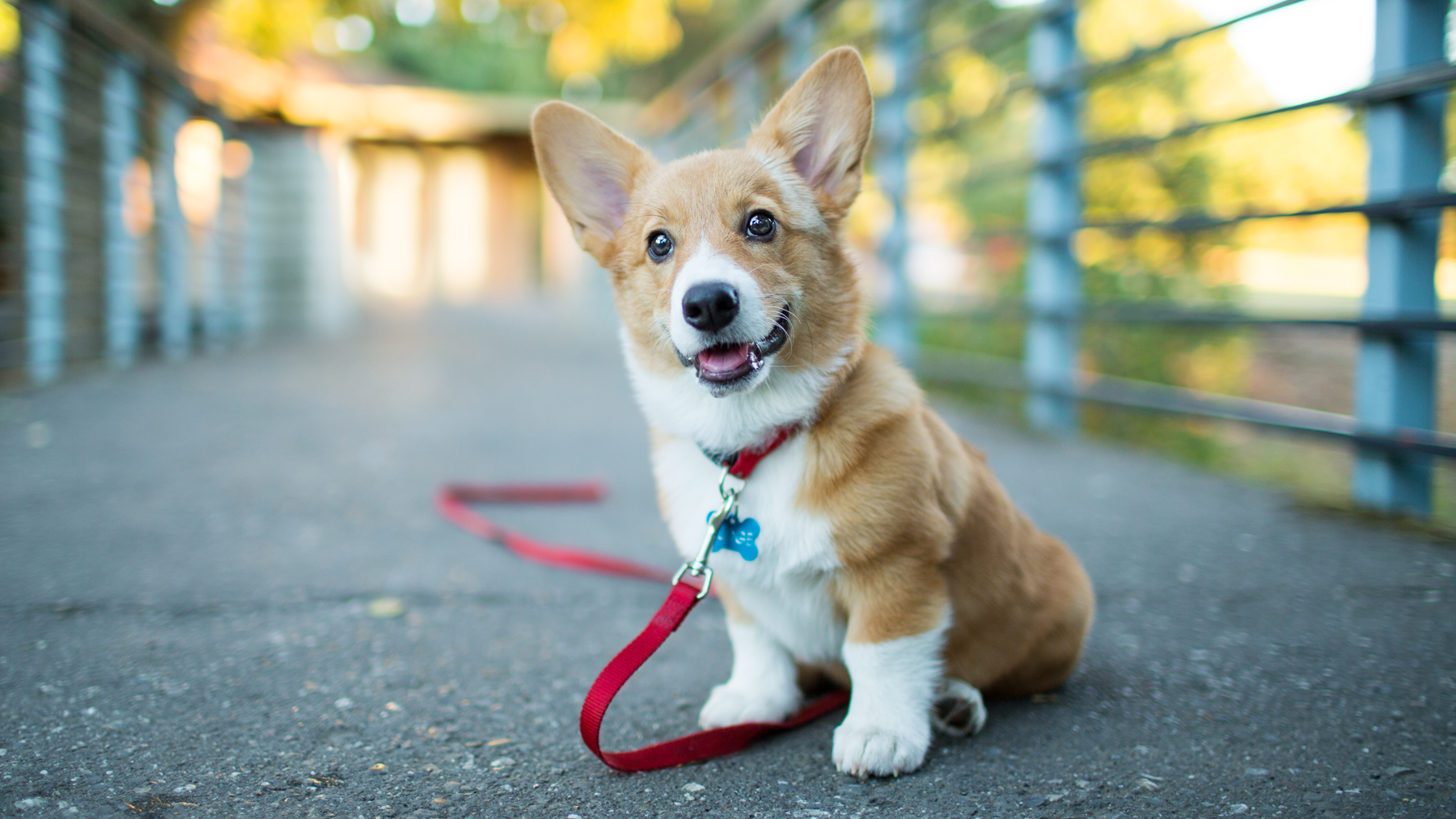
If you're anything like most pet parents, having an obedient dog who comes when you call them is no doubt high on your priority list. And yet for many of us, training our dogs to do what we ask of them can often feel like a challenging and frustrating process.
There are several possible reasons why your dog's recall isn't reliable, ranging from letting them interact with distractions to not being consistent enough when it comes to training, but thankfully, no matter the reason, expert dog trainer Adam Spivey has three things you can do to encourage a more reliable recall.
In a video shared to Instagram, Spivey says that dealing with a badly behaved dog who won't come when you call them is actually easier than you think - all it takes is a little bit of patience and a reliable formula. You can check out the video in full below or keep reading for a summary of Spivey's top three tips.
1) Move backwards: "When you call your dog, don't stand still," explains Spivey. "Instead, say 'come' and move backwards. Moving backwards encourages the dog to come towards you."
2) Move away: "Nearly every dog before it runs after something will stop to see where its owner is. The moment it looks back at you, it needs to see you going in the opposite direction. If you're standing still or you make one step towards your dog, your dog will see that as a green light to move forward in the direction it wants to go and it will run straight over to that thing it wants."
3) Use a long line: "Unless your dog will listen to you in any and all situations, it should still be on a 30-foot lead. That allows you to always maintain control. You can step on it, you can hold it, you can give your dog freedom, but you can give your dog freedom under control."
Spivey says that teaching your dog good recall habits is vital when it comes to ensuring they have good manners and behavior no matter where you are - whereas not practising recall with them can have the opposite effect.
"Every time your dog can run over to something and you can't stop it, you are setting the dog up to repeat this behavior over and over again," he explains.
We recommend giving Spivey's tips a try for a few months and if after working with your pup for that length of time you're not seeing the improvements in their recall that you'd like, we recommend speaking with a professional dog trainer who will be able to offer more tailored advice and guidance.







